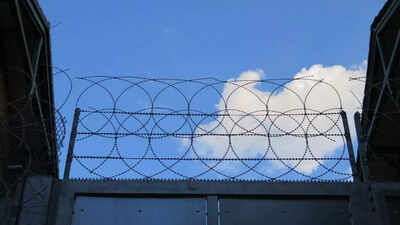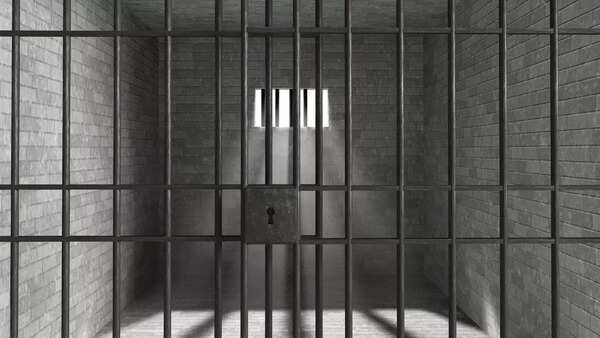ARTICLE AD BOX

A controversial migrant detention facility under construction deep in the Florida Everglades—dubbed “Alligator Alcatraz” by state officials—is drawing sharp criticism from environmentalists, immigration advocates, and Native American leaders who warn it poses a humanitarian and ecological crisis.Crews began work this week at a remote airfield surrounded by wetlands, where Florida plans to house up to 5,000 undocumented migrants in open-air tents. The site, seized from Miami-Dade County under emergency powers by Governor Ron DeSantis, spans 39 square miles and will reportedly begin operating in early July—during Florida’s peak summer heat, where the index often exceeds 100°F.The detention center is part of the Trump administration’s plan to arrest and detain 3,000 undocumented migrants daily.
Florida taxpayers and the Department of Homeland Security are funding the project.
Critics call it inhumane and unsafe
Critics argue the harsh outdoor facility—built in a mosquito-infested area home to alligators and invasive pythons—amounts to cruel and unsafe treatment. “There’s no way in and no way out,” Florida Attorney General James Uthmeier told conservative host Benny Johnson. “People get out, there’s not much waiting for them other than pythons and alligators.”
Uthmeier, recently held in contempt for enforcing a blocked immigration law, praised the site’s 11,000-foot runway for receiving plane-loads of detainees. “There’s a lot of low-hanging fruit,” he said.
Environmental lawsuit and tribal opposition
Environmental groups Friends of the Everglades and the Center for Biological Diversity filed a federal lawsuit in Miami last week, claiming the state skipped a mandatory environmental review.“These are protected Everglades wetlands,” said Eve Samples, executive director of Friends of the Everglades.
“Whether it’s temporary or not, a prison facility here brings traffic, water supply, sewer, and development impacts. It’s an existential threat.”She noted the area was rejected for development in the 1960s when plans to build a massive Everglades jetport were stopped by environmental pressure. “All the reasons this was terrible back then still exist today,” she said.

The Miccosukee Tribe of Indians also condemned the project, which sits on ancestral land in Big Cypress National Preserve.
“The state would save substantial taxpayer dollars by pursuing its goals at a different location with more existing infrastructure and less environmental and cultural impacts,” said Tribal Chair Talbert Cypress.
Local leaders warn of lasting damage
Miami-Dade Mayor Daniella Levine Cava voiced “significant concerns” about the plan’s scale and its potential to reverse billions of dollars in Everglades restoration. Democratic Congressman Maxwell Frost called the project “a cruel spectacle.”Despite the public outcry, state officials have not commented further. As construction moves ahead, the so-called “Alligator Alcatraz” faces legal hurdles and growing public opposition—underscoring tensions between aggressive immigration policies and the fight to protect Florida’s last remaining wild lands.



.png)
.png)
.png)
















 4 hours ago
4
4 hours ago
4









 English (US) ·
English (US) ·